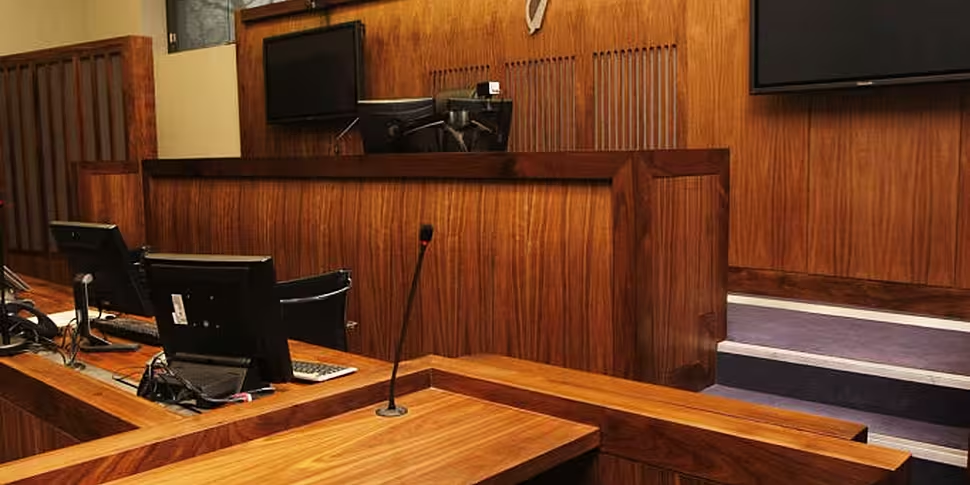A plan to toughen up Ireland's perjury laws has been given the green light by the Government.
The Perjury and Related Offences Bill aims to make it easier to prosecute people who lie under oath by making it a statutory offence.
The Justice Minister Charlie Flanagan said the move is part of a package of measures aimed at tackling insurance fraud and exaggerated claims.
“Up to now, perjury has been a common law offence that has rarely been prosecuted," he said.
"We will now have a clearly defined statute dealing with an offence of perjury.
"It will deal with people who want to engage in fraudulent activity in the Courts and will also act as a deterrent to those who wish to chance their arm."
Perjury
If the new legislation is passed by the Oireachtas, anyone found guilty of lying under oath could face up to ten years in jail or a fine of €100,000.
Minister Flanagan said it sends a "clear message" that anyone caught lying or exaggerating a claim will face "strong penalties."
The bill was originally tabled by independent Senator Pádraig Ó Céidigh; however, the Minister is to bring forward amendments to ensure that it applies to people giving evidence to commissions of investigation and tribunals of inquiry.
Fraud
On The Hard Shoulder this evening, Senator Ó Céidigh said the law needed to be strengthened because there have been "very, very few prosecutions" for perjury in Ireland in the last decade.
"I think in the region of 15 or 16 people have been prosecuted with regards to perjury," he said.
"That is a very , very small fraction of 1% all of the case law in Ireland over the past ten to 12 years."
Insurance
Insurance companies have warned that they are currently paying out around €200m a year on fraudulent claims, and the Alliance for Insurance Reform (AIR) has warned that the bill does not go far enough.
AIR Director Peter Boland said more must be done to tackle rising premiums.
"We don't hold out an awful lot of hope for the law in the sense that it only covers court cases which account for about 6% of total personal injury claims," he said.
"As it stands it does not include evidence given to the personal injuries assessment board which would be far more valuable."
The bill will go to the Seanad for Report Stage next week before it moves on to the Dáil.









